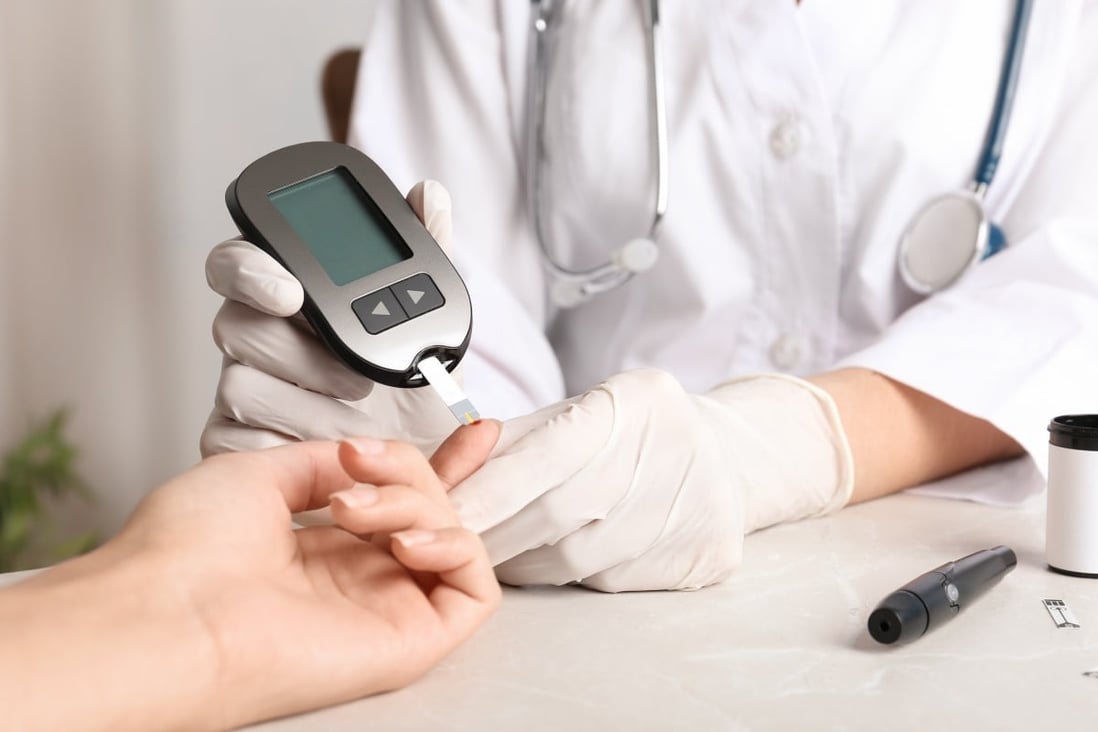Dialectical behaviour therapy, or DBT, was originally developed as an effective treatment for people with borderline personality disorder. Now, DBT has become one of the most popular evidence-based approaches to treating addiction in the UK. Although there are many different kinds of addictions that can be effectively treated with DBT, it may be especially useful in helping patients struggling with substance abuse issues manage their cravings and avoid relapse. In this article, we’ll discuss how DBT can help treat addiction and how it might be the best way to get your life back on track.
What is DBT?
Dialectical behaviour therapy (DBT) is a cognitive-behavioural psychotherapy treatment plan, originally developed by Dr. Marsha Linehan, that focuses on helping people overcome a wide range of disorders and addictions, including substance abuse and addiction. It’s most often used to treat borderline personality disorder (BPD), which is defined by an inability to manage emotional distress coupled with unstable relationships, moods and self-image.
Dialectical Behaviour Therapy In Action
Although dialectical behaviour therapy (DBT) has not been formally studied as a treatment for addiction, it has been used by people with addictive disorders. For example, one person who suffered from anorexia nervosa found that her condition began to improve after she learned skills related to DBT. Additionally, therapists who practice in both substance abuse and mental health can use some elements of DBT while treating patients with drug and alcohol addictions.
Foundations Of Mindfulness And Acceptance
Cognitive-behavioural therapy is founded on two important concepts, says Dr. McInnis. One is a set of skills called mindfulness and acceptance. The other is learning to change behaviours that are harmful to you. Mindfulness is about seeing reality for what it really is—as opposed to what we might wish it were—and learning to accept things as they are, rather than trying to change them or having our feelings dictate how we respond to things around us.

The Importance Of Relapse Prevention
One of the most important tasks an addict can take on is learning how to deal with relapse prevention. When it comes to addiction recovery, relapses are a fact of life. That doesn’t mean they need to occur, however. By learning what causes relapses and what you can do about them, you may be able to stop yourself from falling off track before it’s too late.
Strengthening Willpower and Motivation
Fortunately, there are many effective tools and techniques for increasing willpower and strengthening motivation. Dialectical Behaviour Therapy (DBT) is one such tool. DBT was developed as a treatment for Borderline Personality Disorder, but it is often prescribed to patients suffering from drug or alcohol addiction. DBT helps people learn how to tolerate distress without resorting to harmful behaviours like self-harm or substance abuse. In addition, DBT teaches people how to avoid emotional reasoning—the tendency to make decisions based on feelings rather than facts—and how to handle life’s difficulties more effectively. Finally, DBT helps people identify their values and live according to them despite emotional distress.
Defining Goals & Life Priorities
Goals can be a little tricky when it comes to addiction recovery. We don’t want to set ourselves up for failure by committing to goals that are ultimately not going to support our sobriety, but we also need something to strive for! DBT teaches us that a top priority is accepting where we are at any given moment, and since we are always evolving and changing, it makes sense that our priorities will as well.






















